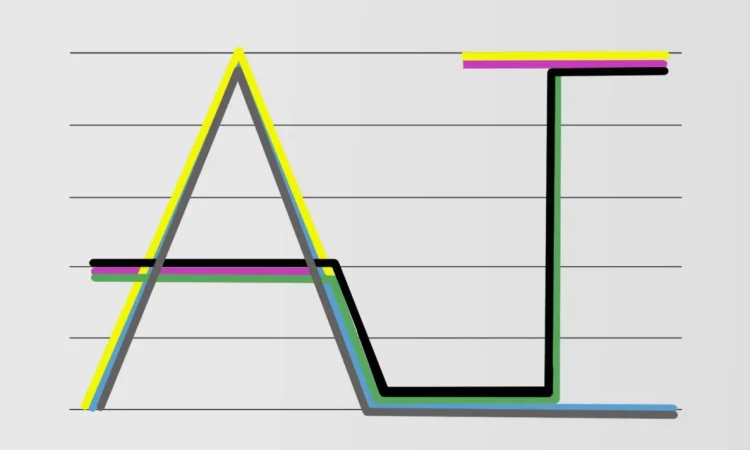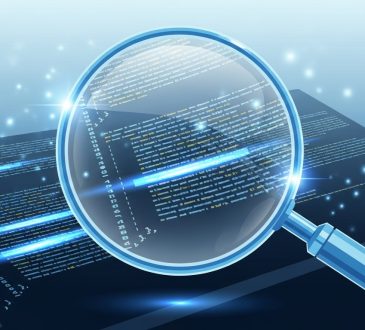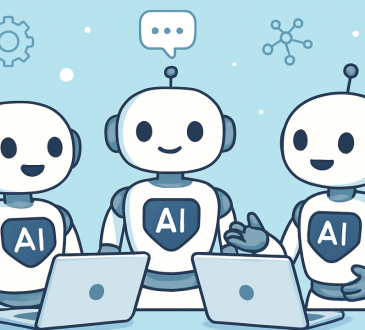Top Developments in the AI Industry – April 2025 You Should Know

The world of Artificial Intelligence (AI) is moving faster than ever, and April 2025 has been one of the most exciting months for this transformative technology. From breakthrough generative AI models to new global regulations, corporate partnerships, and game-changing innovations in robotics and healthcare — the AI landscape is evolving before our eyes.
Whether you’re a tech enthusiast, industry expert, or business leader trying to keep up, here’s a closer look at the top AI developments from April 2025 that are shaping the future.
1. The Next Generation of AI Models Takes Center Stage
April 2025 saw the debut of several groundbreaking next-generation AI models from the world’s biggest tech players — OpenAI, Google DeepMind, Anthropic, and Meta — each pushing the boundaries of what’s possible.
- OpenAI’s GPT-5 stole the spotlight as the successor to GPT-4 Turbo. It delivers massive improvements in contextual understanding, multimodal capabilities, and memory retention. GPT-5 can engage in deeper, more natural conversations, reason across multiple steps, and interpret visual and audio inputs seamlessly. Businesses are already adopting it for research automation, legal drafting, and scientific innovation.
- Google DeepMind launched Gemini 2, designed for enterprise-scale applications. Its standout feature? The ability to operate across text, image, and code data all at once, creating a single integrated system for developers.
- Anthropic’s Claude 4 made headlines for its emphasis on transparency and safety, offering clear reasoning explanations for its decisions — a big win for ethical AI.
Together, these models represent a major leap forward in reliability, reasoning, and real-world usability.
2. AI Regulation Gains Global Momentum
As AI becomes increasingly powerful, governments are stepping in to ensure responsible use. April 2025 marked a turning point in global AI regulation.
- The European Union’s AI Act officially came into force. It classifies AI systems by risk levels — from minimal to unacceptable — and requires transparency, safety checks, and strict oversight for high-risk applications like healthcare and finance.
- In the United States, the AI Accountability Act of 2025 gained bipartisan support. It introduces new transparency standards, ensuring users can challenge automated decisions.
- Japan, Canada, and India also began crafting similar frameworks to strike a balance between innovation and safety.
These global efforts signal that the AI industry is finally maturing — evolving not just in intelligence, but also in responsibility and ethics.
3. AI in Healthcare: From Diagnosis to Drug Discovery
AI’s impact on healthcare continued to expand rapidly in April 2025, delivering innovations that are saving time, money, and lives.
- Researchers at MIT and Stanford developed an AI model that can detect rare genetic disorders from facial scans with 95% accuracy — a breakthrough that could drastically reduce diagnostic delays.
- Pfizer and Moderna announced they’re using generative AI to design new vaccines within weeks instead of months, dramatically cutting research and development timelines.
- Hospitals in South Korea and Germany began using AI-powered robotic assistants for surgery prep and patient monitoring, boosting precision and reducing staff workloads.
From diagnostics to drug discovery, AI is not just improving healthcare — it’s redefining it.
4. AI and Education: Personalized Learning Becomes Reality
Education saw a major transformation this April, as AI-powered tutors and learning platforms became mainstream.
- Platforms like Khan Academy, Duolingo, and Coursera rolled out AI-driven learning assistants capable of personalized feedback, emotional understanding, and adaptive teaching.
- Khan Academy’s “Khanmigo 2.0” now creates individualized learning plans, identifies student weaknesses, and offers real-time tutoring.
These innovations are especially powerful in underserved regions, where AI tools are bridging language and access barriers. Personalized education is no longer a dream — it’s becoming a global reality.
5. Robotics and AI Integration Reaches New Heights
The world of robotics saw stunning progress this April, thanks to deeper integration with AI.
- Tesla’s Optimus Gen-3 demonstrated its ability to autonomously handle complex manufacturing tasks using advanced computer vision and reinforcement learning.
- Boston Dynamics unveiled Atlas Neo, a next-gen robot designed for warehouses and disaster response. It can navigate rough terrain, recognize gestures, and respond to natural speech commands.
- On the home front, Sony and Samsung launched AI-driven household robots capable of managing chores, scheduling, and even assisting elderly individuals.
AI and robotics are no longer separate fields — they’re merging to create intelligent, interactive companions and co-workers.
6. The Rise of AI in Creativity and Media
AI’s influence in creative industries exploded in April 2025. Artists, musicians, and filmmakers are now collaborating with AI tools to push artistic boundaries.
- New generative image and video models can produce cinematic-quality visuals, helping filmmakers storyboard and pre-visualize scenes instantly.
- Musicians are using AI-assisted platforms to craft melodies, remix songs, and experiment with fresh sounds.
- A major record label even released an AI co-created album that topped streaming charts within days.
In journalism, AI is streamlining workflows — helping editors fact-check, summarize reports, and translate stories across languages. Creativity, it seems, is entering a new golden era powered by human imagination and machine intelligence.
7. The Corporate AI Race Intensifies
AI is now the heart of corporate innovation, and April 2025 saw fierce competition among tech giants.
- Microsoft expanded its Copilot ecosystem, bringing AI-powered automation to Office, Teams, and Dynamics 365.
- Amazon rolled out advanced AI supply chain tools, while IBM and Oracle launched new AI governance systems to help enterprises maintain compliance and data integrity.
- Startups aren’t being left behind — AI-as-a-Service platforms are empowering small businesses to adopt advanced AI without massive infrastructure costs.
This democratization of AI is fueling innovation across every industry, from finance to logistics and beyond.
8. Ethical AI and Sustainability: A Growing Priority
April also emphasized a crucial aspect of AI’s future: sustainability and ethics.
- Tech firms announced efforts to cut the carbon footprint of large model training by shifting to renewable-powered data centers.
- Researchers are exploring more efficient architectures that require less computing power.
- Ethical AI labs are actively addressing bias reduction and fairness, ensuring AI systems serve diverse communities responsibly.
The message is clear: progress must go hand in hand with accountability — both to people and the planet.
Conclusion: A Defining Moment for AI’s Future
April 2025 will be remembered as a milestone in the evolution of Artificial Intelligence. From smarter healthcare and personalized education to humanoid robots and creative collaborations, AI is weaving itself into every aspect of modern life.
These developments aren’t just shaping the future — they are the future, and we’re witnessing one of the most exciting chapters in human and technological history unfold right now.




